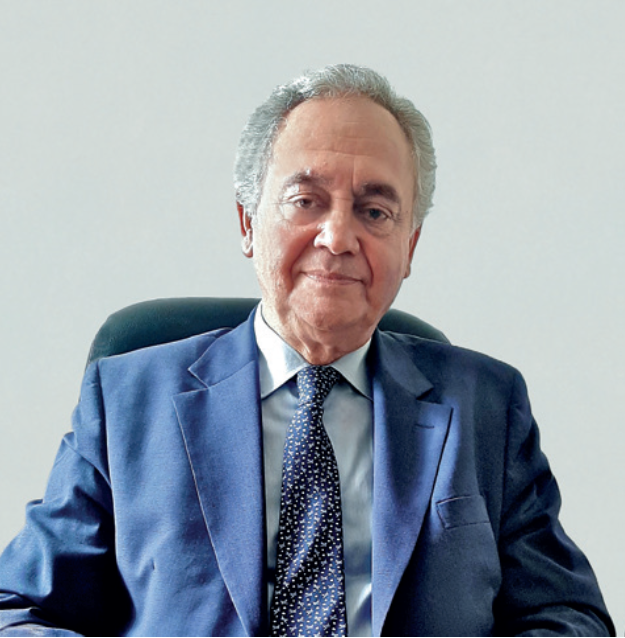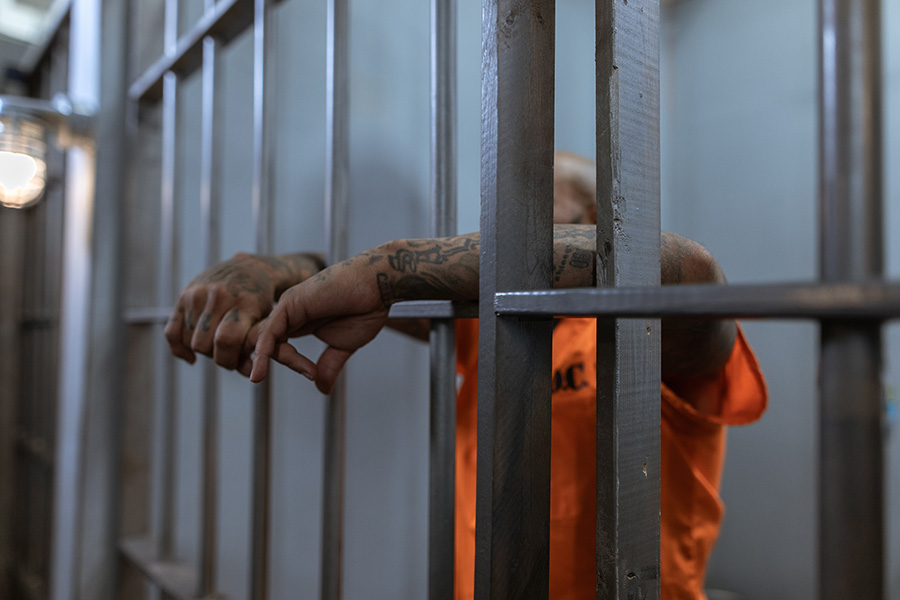Read this edition’s article on the overuse of pretrial detention in Europe and around the world.
The application of pretrial detention and the availability of alternative measures are a key topic for the International Union of Judges.
José Igreja Matos, Judge & President of the International Union of Judges

José Igreja Matos
Judge & President of the International Union of Judges
Although it may be true in some countries, limited use of pretrial alternatives is not necessarily due to a lack of options.
Walter Hammerschick, Deputy Head of the Department of Applied Sociology of Law and Criminology at the University of Innsbruck, Austria

Walter Hammerschick
Deputy Head of the Department of Applied Sociology of Law and Criminology at the University of Innsbruck, Austria
Dealing effectively with the overuse of pretrial detention needs to begin with a clear understanding of the causes and the contexts of this practice in a particular environment.
Ioan Durnescu, Professor at the University of Bucharest, Faculty of Sociology and Social Work & Co-editor of the European Journal of Probation

Ioan Durnescu
Professor at the University of Bucharest, Faculty of Sociology and Social Work & Co-editor of the European Journal of Probation
Reducing pretrial detention is a top priority for the European Commission, various states, and many individuals seeking justice. We have only to look at jurisdictions such as Austria, Luxembourg, or the Netherlands, for example, to see that the proportion of the prison population in pretrial detention is between 20 and 46%.[1] If we look at the use of pretrial detention among foreign prisoners, the reality is even more dramatic.
Pretrial detention overuse is not only contributing to overcrowding and the deterioration in prison conditions but is also undermining the rule of law across Europe.
Norman L. Reimer, Global CEO of Fair Trials

Norman L. Reimer
Global CEO of Fair Trials
As Fair Trials’ 2016 report A Measure of Last Resort? The practice of pretrial detention decision-making in the EU showed, pretrial detention is used routinely in countries across Europe and contributes to the long-standing crisis in Europe’s prisons.
This continues to be a huge problem throughout the EU. Research that Fair Trials published last year (2021) showed that in 2020, pretrial detention rates rose across EU Member States, despite the serious health risks created by detaining people during the COVID-19 pandemic. This is not only contributing to overcrowding and the deterioration in prison conditions but is also undermining the rule of law across the region. Fair Trials has responded with a comprehensive roadmap, outlining the actions the EU must take to address this crisis.
Our Service has supported the application of diversion from prosecution and alternative sanctions and measures as the effective tools of a modern criminal justice policy.
Andrea Matoušková, Director-General of the Czech Probation and Mediation Service

Andrea Matoušková
Director-General of the Czech Probation and Mediation Service
Currently, a strengthened application of alternative sanctions and measures whenever possible, is a clear trend across Europe. We are being led to apply alternative sanctions as broadly as possible, not only for economic reasons, as imprisonment is the most expensive type of sentence, but also by the latest findings in criminology, which describe the process of desistance.
We must nurture well-functioning cooperation amongst all criminal justice partners. Therefore, our Service has supported the application of diversion from prosecution and alternative sanctions and measures as the effective tools of a modern criminal justice policy.
For years, we have strived to establish the foundations for prosecutors and judges to apply alternative sanctions and measures in practice as broadly as possible. At the pretrial stage, we create the conditions and carry out the enforcement of probation supervision in cases where the court has replaced custody with this measure.
Deprivation of liberty prior to conviction is limited, in exceptional terms, as a last resort.
José Lopes da Mota, Judge in the Supreme Court of Justice, Portugal

José Lopes da Mota
Judge in the Supreme Court of Justice, Portugal
We’ve constantly highlighted that excessive pretrial detention has a negative impact.
Dan Halchin, Director-general of the Romanian Penitentiary Administration

Dan Halchin
Director-general of the Romanian Penitentiary Administration
One of the most significant challenges that is still ongoing is neutralising the false narrative that arraignment hearings increase impunity.
Luís Geraldo Lanfredi, Deputy Judge of the Presidency of the National Council of Justice, Brazil

Luís Geraldo Lanfredi
Deputy Judge of the Presidency of the National Council of Justice, Brazil



